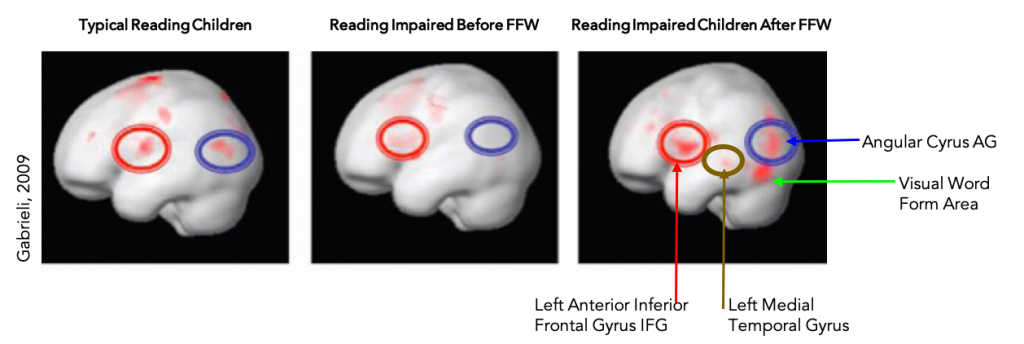Hi everyone,
When I last communicated with you about teaching and learning as we are trying to be everything to everyone, I suggested that we simply do the best we can.
However, this is a good time to help our students develop skills that will last a lifetime. Rather than concentrating on curriculum, we should be focusing on creating a more efficient brain that will lead to more successful learning. With that in mind, I would like to share the summary of a webinar provided by Scientific Learning and Dr. Martha S. Burns, Director of Neuroscience Education, describing a program which has helped so many of the students I have worked with.
Here is the summary of the webinar.
If you are a middle school or high school teacher, this might sound familiar to you. Students who struggle to learn at a normal rate fall behind the average student in school. They often hide their embarrassment behind coping mechanisms such as behavioral issues and are afraid to ask their parents or teachers for help. These learning roadblocks follow them to secondary school, creating a domino effect that leads to low self-esteem, low graduation rates, and more limited career options.
Teachers can become frustrated with their students and may believe that change in behavior is the proper solution to the problem, but it is actually much deeper than that. Neuroscience research has shown that the visual cortex and the auditory cortex do not innately work together, but instead they must be wired together to allow the brain to rapidly and accurately process visual and auditory information. This synchronous wiring allows individuals to automatically associate sounds and letters together, allowing students to decode and comprehend sentences. For some students, the wiring is incomplete, and reading becomes a struggle.
Fortunately, there is research that proves instruction can be engineered to build new abilities within students’ brains as well as trigger brain activity consistent with that of expert readers. In fact, a study at Stanford found struggling students’ brains became normalized after just eight weeks of using the Fast ForWord program, and that the program improved students’ levels of fluency and phonological performance.
